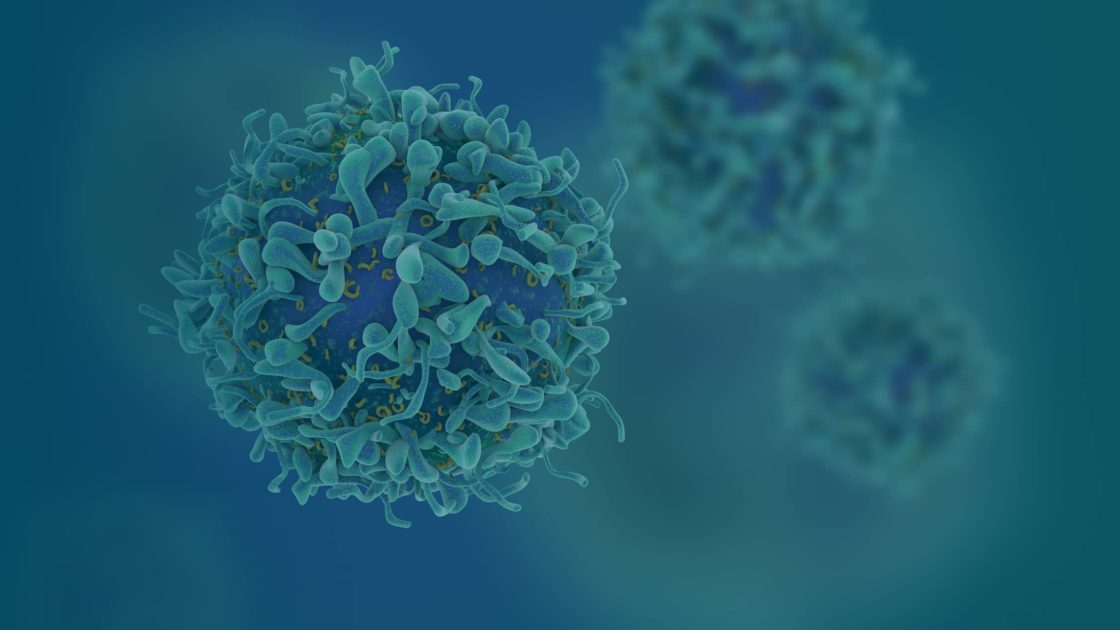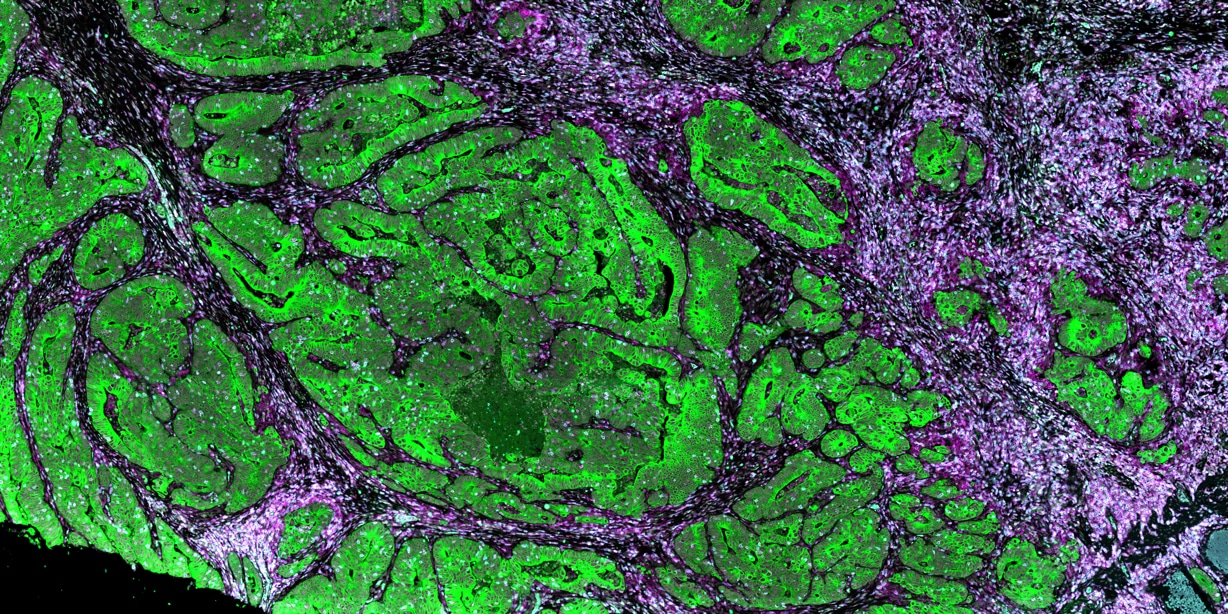
nCounter®
PanCancer Pathways Panel
Helping Your Research
Gene expression profiling can be challenging because reproducibility and data analysis can be extremely demanding. The nCounter PanCancer Pathways Panel offers fast and high-throughput multiplex gene expression analysis solution for human or mouse genes. Each panel comes with 770 genes from 13 cancer-associated canonical pathways to support the understanding of basic cancer biology:
- Measure treatment effects on pathways
- Score pathway deregulation with end-to-end analysis
- Generate follow-up research hypothesis using pathway visualizations
- Rapidly and easily screen samples for biomarker discovery or drug mechanism of action studies
Inspired by systems biology approaches to cancer research, NanoString’s 360 Series Panel Collection gives you a 360° view of gene expression by combining carefully-curated content involved in the biology of the tumor, microenvironment, and the immune response into a single holistic assay. Each panel contains the 18-gene Tumor Inflammation Signature (TIS) that measures a peripherally-suppressed, adaptive immune response and has been shown to correlate with response to checkpoint inhibitors.

Panel Selection Tool
Find the gene expression panel for your research with Panel Pro
Find Your Panel
Product Information
Pathway Gene Coverage
Below are brief descriptions of the Pathways included in the PanCancer Pathways Panel. Please click on the name of the pathway to view more information, including detailed information on pathway genes and KEGG pathway gene maps
360 Series Product Comparison
Fully-annotated gene lists in Excel format are available for each of the 360 Panels. The table below compares the biology coverage of the 360 Panels across the tumor, microenvironment, and the immune response to that of the PanCancer Panels Collection.

Publications
Assessing Longitudinal Treatment Efficacies and Alterations in Molecular Markers Associated with Glutamatergic Signaling and Immune Checkpoint Inhibitors in a Spontaneous Melanoma Mouse Model
Previous work done by our laboratory described the use of an immunocompetent spontaneous melanoma-prone mouse model, TGS (TG-3/SKH-1), to evaluate treatment outcomes using inhibitors of glutamatergic signaling and immune checkpoint for 18 weeks. We showed a significant therapeutic efficacy with a notable sex-biased response in male mice.
Spatial transcriptomics reveals discrete tumour microenvironments and autocrine loops within ovarian cancer subclones
High-grade serous ovarian carcinoma (HGSOC) is genetically unstable and characterised by the presence of subclones with distinct genotypes. Intratumoural heterogeneity is linked to recurrence, chemotherapy resistance, and poor prognosis.
Spatially Segregated Macrophage Populations Predict Distinct Outcomes In Colon Cancer
Tumor-associated macrophages are transcriptionally heterogeneous, but the spatial distribution and cell interactions that shape macrophage tissue roles remain poorly characterized. Here, we spatially resolve five distinct human macrophage populations in normal and malignant human breast and colon tissue and reveal their cellular associations.
Request a Quote
Contact our helpful experts and we’ll be in touch soon.






